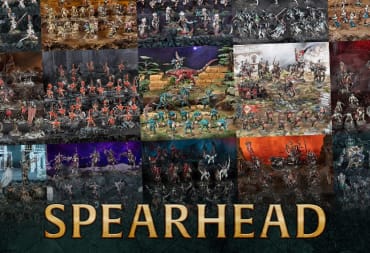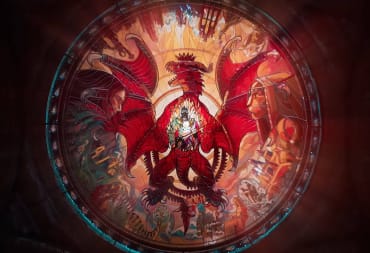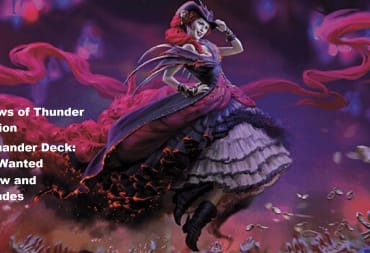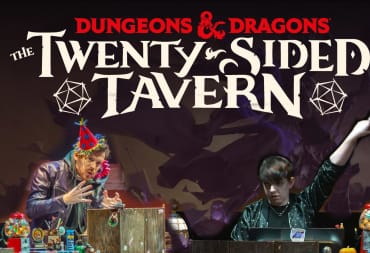Spike Chunsoft didn't become synonymous with "bizarre mysteries and gruesome deaths" until the mid-2010s when the Danganronpa series exploded in popularity in both Japan and the West. Unfortunately, the astronomical success of Danganronpa had the side effect of decreasing focus on one of the company's earlier releases: the innovative visual novel slash escape room experience, 999: Nine Hours, Nine Persons, Nine Doors.
999 was first released in Japan in late 2009 but did not make its way to the West until November 2010. It was followed by two sequels, Virtue's Last Reward in 2012 and Zero Time Dilemma in 2016; collectively, the three games are referred to as "the Zero Escape trilogy." All three games are currently available for a number of platforms including Nintendo DS, PlayStation Vita, PlayStation 4, and PC. 999 and Virtue's Last Reward were also re-released together as a bundle under the title The Nonary Games.
Ten years later, 999 is definitely more of a cult classic than a mega-hit. Despite that, the game's influence is still very much present, as its release contributed to the beginning of the global "escape room fad."
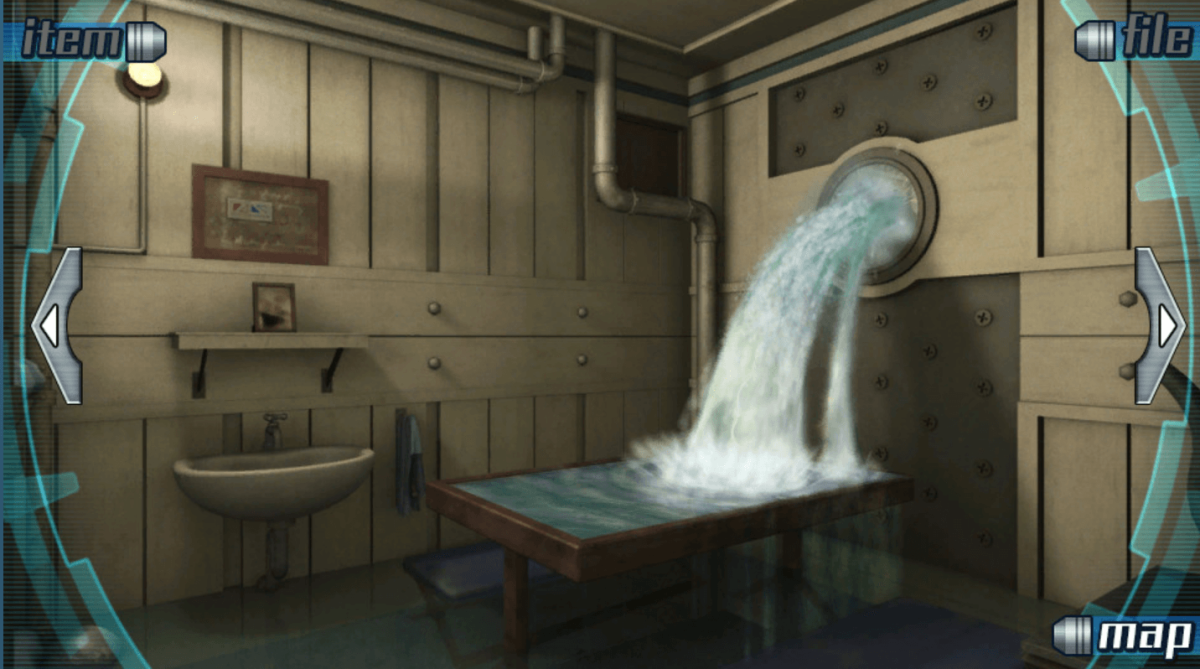
Nine Hours: History & Mechanics of Escape Rooms
The story of 999 begins when ordinary student Junpei wakes up in a ship's cabin with no memory of how he got there. He soon meets up with eight other prisoners and learns that not only have they been drugged and implanted with bombs by their mysterious captor, they're trapped aboard an enormous luxury liner—which may or may not be the ill-fated Titanic itself—which will flood and sink in only nine hours. To survive, they must play the Nonary Game: seek out nine numbered doors and solve the puzzles contained within until they reach the door reading "9," which supposedly leads to safety.
This seemingly simple premise quickly proves to be anything but. After each visual novel-like story segment, the player (as Junpei) must choose a numbered door, with his choice also affecting which characters are selected to assist him. The numbered doors lock behind the players, and they must find a way to escape these locked rooms as quickly as possible. The room setups range from something which you might expect to see on a ship—crew quarters, a casino, and a kitchen—to the utterly bizarre and sometimes even terrifying—a laboratory and a torture chamber. Within each room are clues, in the form of both items and conversations between characters, which slowly reveal the overarching mystery of why the Nonary Game was held in the first place.
The "escape-the-room" game genre began online, with freeware browser games such as Crimson Room, Viridian Room, and The Mystery of Time and Space (MOTAS) available online in the late 1990s and 2000s. While 999 is far from the first game to use "escape-the-room" mechanics—they were previously seen in the Resident Evil series and especially Myst—it was one of the first to advertise itself as an escape-room game. It set what has now become a genre standard with its "anything goes" approach to escape-room puzzles. Sure, there's Crimson Room-esque point-and-click gameplay as Junpei and co. hunt for keys and other useful items (and sometimes even combine them together in unusual ways), but there are also math puzzles, logic problems, riddles, color theory puzzles, and more. The mechanic of escaping room after room could easily become boring, but the unpredictable variety of puzzles keeps it fresh.
Since 999 was first released, escape rooms have made their way out of the digital sphere and become a popular fad in the real world as well. While it's not likely that 999 had a direct impact on many real-life rooms, its "anything goes" puzzle variety and decreased dependence on hunting endlessly for small objects are trends that many rooms and companies have also adopted. (Plus, 999 briefly got a real-life escape room of its own in Los Angeles. Fans can only hope that this limited-time room sees a rerun in the future.)
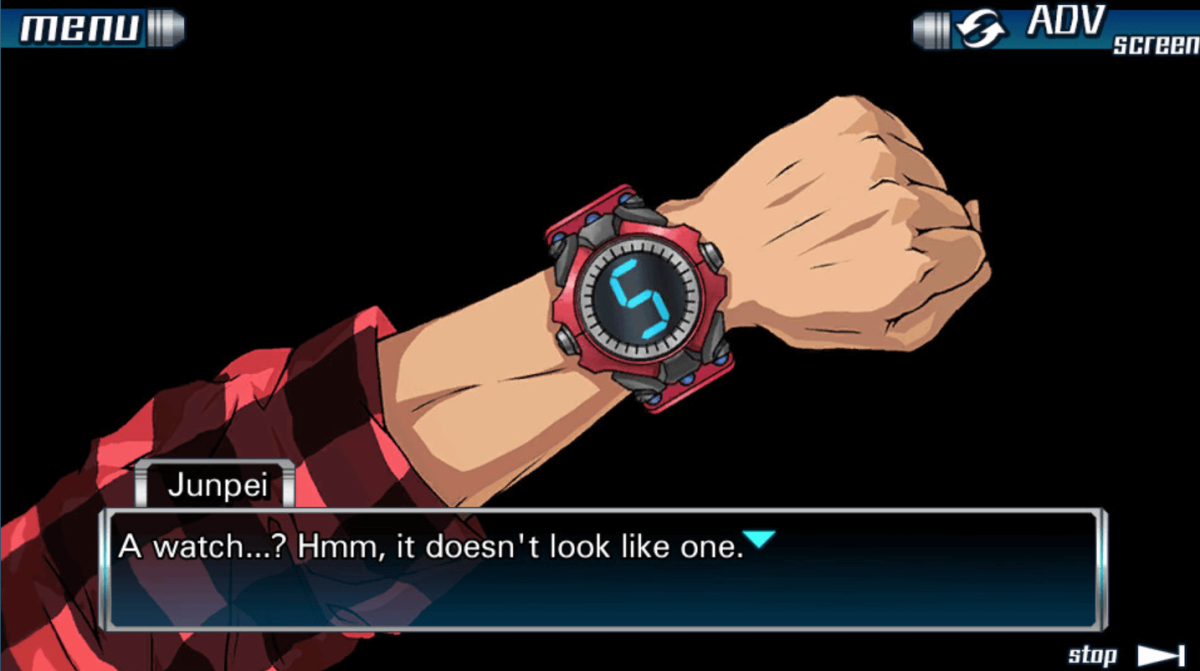
Nine Persons: The Story of Zero Escape
There's no word that describes the story of 999 (and later, the overarching plot of the trilogy) better than "bizarre." It centers around the unique science, pseudo-science, and science fiction concepts that director Kotaro Uchikoshi loves to include in his works. 999 alone easily puts Persona 5's "cognitive psience" or Death Stranding's preserved fetuses to shame. To provide just a few spoiler-free examples, 999's story and backstory revolve around twin telepathy, muscle-numbing drugs, ancient Egyptian mummies made from never-melting ice, advanced mathematics, and a cult of ritual practitioners fascinated with conspiracies surrounding the fate of the Titanic.
The characters who accompany Junpei on his journey are just as bizarre and memorable. There's Snake, a blind musician; Seven, an enormous amnesiac; Lotus, a belly dancer with surprising computer skills; and even the shy, sweet and seemingly entirely out-of-her-element June. 999 started a trend that Spike Chunsoft would carry over to later titles, especially the Danganronpa series, creating characters whose design centers around a single eye-catching outfit and a nickname or title. This makes the characters extremely easily to remember and distinguish from one another and makes replaying segments of the game to seek out all endings much more interesting than it would otherwise have been, as you get to see interactions between different groups of these nine strangers.
999 and its sequels are the kinds of games that leave you thinking, and that's almost entirely down to the way the characters interact and work together to tell such a complicated story. Each character has a connection to the greater myth of the series, and discovering these as you go along is one of the true delights of playing this game.

Nine Doors: Where Do They Lead?
As previously mentioned, 999 was far from a massive success, and will probably never reach mainstream status. Fans and critics generally enjoyed the game's puzzles and characters but found the story confusing (understandably so) and lambasted the need to replay puzzles and escape sequences while seeking out alternate endings. At one point, the series' popularity dipped so low that it seemed unlikely that Zero Time Dilemma would ever be made, with production grinding to a halt for over a year. Luckily, it did, and the complete trilogy is currently available to purchase and play. New fans of the series can experience the complete story from start to finish; the Nonary Games re-release of the first two titles is especially helpful in this regard, as it adds a puzzle skip function and a flowchart which makes tracking 999's multiple endings significantly simpler.
At this point, it is unlikely that Kotaro Uchikoshi or the Spike Chunsoft team have any intention of making another Zero Escape game in the future. However, the influence of 999 can clearly be seen in other games released by the company, including Danganronpa and AI: The Somnium Files. Uchikoshi himself is reportedly currently teaming up with the creative minds behind Danganronpa to work on multiple future projects, including the upcoming World's End Club produced by new studio Too Kyo Games.
Other games which utilize "escape room" mechanics similar to 999 include Fireproof Games' The Room, CottonCandyCyanide's Quantum Suicide, and Ustwo's Monument Valley and Monument Valley 2. (Many of the free browser "escape room" games are no longer available online, but several others have sprung up in their place.) For fans who were drawn to 999 due to its unique take on the science-fiction genre, there's Uchikoshi's own Infinity series of visual novels as well as the Steins; Gate and Chaos; Head series, which Spike recently gained the rights to publish and distribute. Finally, those who enjoy dark mysteries with an "anyone can die" cast of characters should check out Capcom's Ace Attorney, Ghost Trick, or Hotel Dusk as well as the aforementioned Danganronpa.
There may never again be a game exactly like 999, but the gameplay elements which make it so unique can be found in various titles, genres, and franchises throughout the video game world.
Are you a die-hard Zero Escape fan, or just discovering the series for the very first time? Ten years after its release, is 999 one of your favorite games or a little-known title you'd never heard of before? Let us know!
Have a tip, or want to point out something we missed? Leave a Comment or e-mail us at tips@techraptor.net

